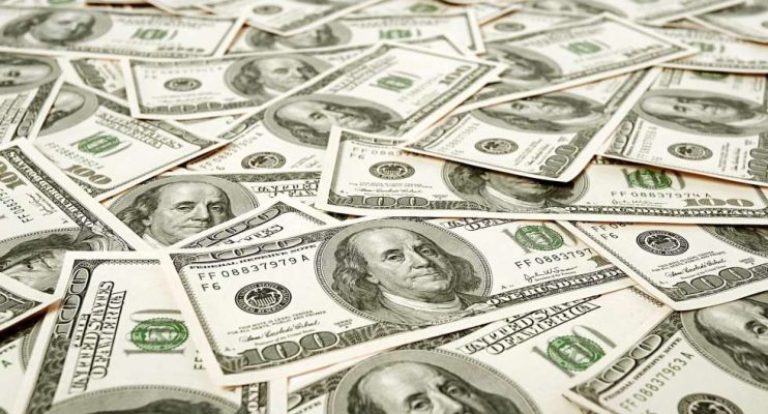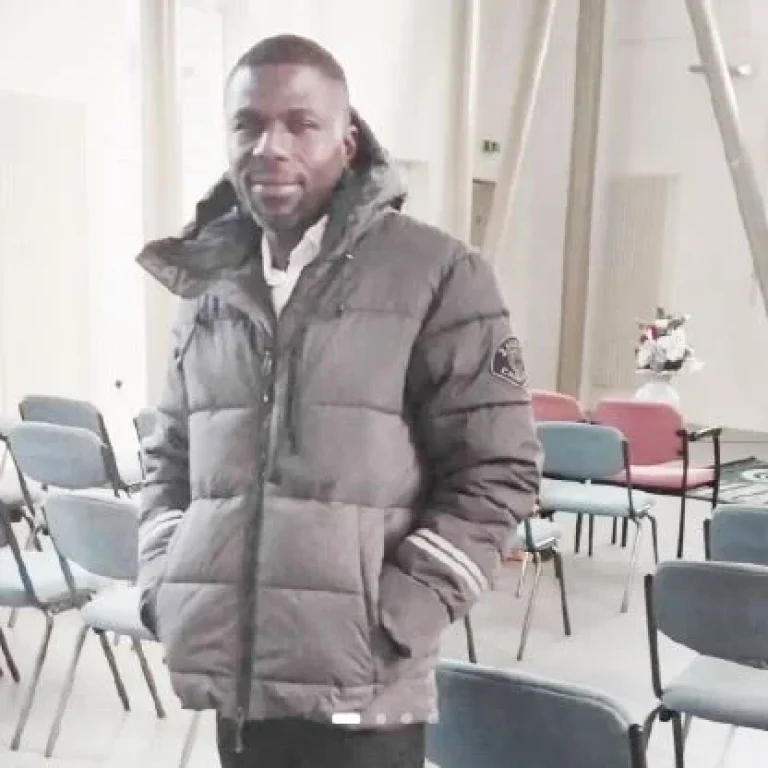
Although more airlines are flooding the Nigerian airspace, the cost of tickets for domestic flights has continued to skyrocket, getting beyond the reach of many Nigerians.
The airfares have increased by 20 to 40 percent in major routes in recent times as virtually all airlines had to adjust their fares, investigations have shown. For instance, Lagos-Abuja on Air Peace for a one-way ticket costs between N38, 000 and N60, 000 for a trip scheduled for the next 48 hours unlike the previous price of N29, 000 to N44, 000 just within the last few weeks.
Also, Arik Air’s cheapest ticket to Abuja from Lagos is now between N30, 000 and N33, 000, unlike early this year when the cheapest fare was between N27, 000 and N30,000.
The Lagos-Kano flight ticket price has also been adjusted by all airlines, and now costs as much as N50,400 for a one-way trip on Azman Air and the cheapest being N33,126 for a flight of next week, rising from N27,000 just recently.
Lagos-Kano on Arik Air is N46, 112 while Max Air quotes N38,000 and N43,000 based on travel date.
Sources at the Murtala Muhammed Airport revealed that flights to Akure, Ilorin and Ibadan have also been adjusted. Abuja-Ibadan on Air Peace is about N60,000 for one way; Lagos-Ilorin is N29,000 to N35,700 while Lagos to Akure is between N38,000 and N60,000 for a 35-minute flight, rising from an average N30,000 two months ago.
The eastern routes are also some of the most expensive at the moment with Enugu flights costing as much as N55, 500 on Air Peace and around N53, 000 in Dana over a month ago.
For passengers purchasing tickets over the counter at the airport, they might be paying higher than expected. For instance, a passenger at the General Aviation Terminal (domestic) of the Murtala Muhammad Airport stated that Overland’s ticket to Ilorin was around N80, 000 for the afternoon flight. That could have been about N40, 000 to N50,000 if the booking was done earlier.
The most expensive routes are those with limited flight operations like Asaba, Dutse, Katsina, Maiduguri, Yola, Ibadan, Akure, Ilorin, Sokoto, and Gombe. On these routes, tickets range from N32, 000 to even N100, 000 for a 60-minute flight.
The most recent entrants include Green Africa Airline, Ibom Air, Cally Air, and United Nigeria Airline. A few have also failed. Those that have left the stage in recent years include Medview, Chanchangi Airline, IRS Airlines, and First Nation Airline.
There are at least 10 private airlines operating scheduled services, apart from private charter service providers. These airlines include Aero, Green Africa, Arik Air, Air Peace, Dana Air, United Nigeria, Ibom Air, Cally Air, Azman, and Max Air.
In spite of this progress, with competition and volume, it was expected that this would drive the airfare cost downwards. But that hasn’t happened; rather, the fares have gone up to as much as between 20 per cent and 40 per cent, depending on the airline and the time of purchase.
Airlines with relatively higher cost of airfare include Overland, Azman, Max Air, and Air Peace; while cheaper fares on new airlines are on Green Africa and United Nigeria.
Aviation industry analysts blame the foreign exchange crisis. “The present situation of the naira to dollar and the insecurity is a major factor”, said an airline official, who preferred anonymity.
A former Special Adviser to the President on Aviation, Captain Shehu Usman Iyal (rtd), said the high exchange rate is a big dis-incentive to lower ticket costs
“There is not a single bolt that you put in an aeroplane that you manufacture in Nigeria; you will have to buy abroad in dollars. Even the charges being paid to the government have to be a bit high because the government also buys airport equipment using the dollar,” he said.
Managing Director of the Federal Airports Authority of Nigeria (FAAN), Capt. Rabiu Yadudu, said the authority’s charges are not responsible for the impact on high ticket costs. “I don’t think FAAN has a responsibility for the rise in air ticket cost; the NCAA has a higher responsibility than FAAN. But I do know enough that prices are driven by a lot of factors; parking charges to FAAN is just one factor,” he said.
Engr. Lookman Animashaun, Director of Engineering with Ibom Air, said the marginal increase in fare is normal with the high season. With the increasing prices of tickets, the aviation agencies might be making more money in terms of charges collectible from the airlines.
For instance, the Nigerian Civil Aviation Authority (NCAA) takes a five-percent ticket sale charge from airlines which form over 80 per cent of its revenue. FAAN collects Passenger Service Charge (PSC) and parking charge for aircraft, while the Nigerian Airspace Management Agency (NAMA) collects navigational charge from airlines.
The NCAA confirmed the high ticket cost as it blamed high travel demand. “There is nothing like exploitation. It’s a function of demand and supply. For as long as passengers buy at the rate they fixed, it is not in our place to step in. The position of the law is clear,” said its spokesman Mr Sam Adurogboye.
(Daily Trust)







